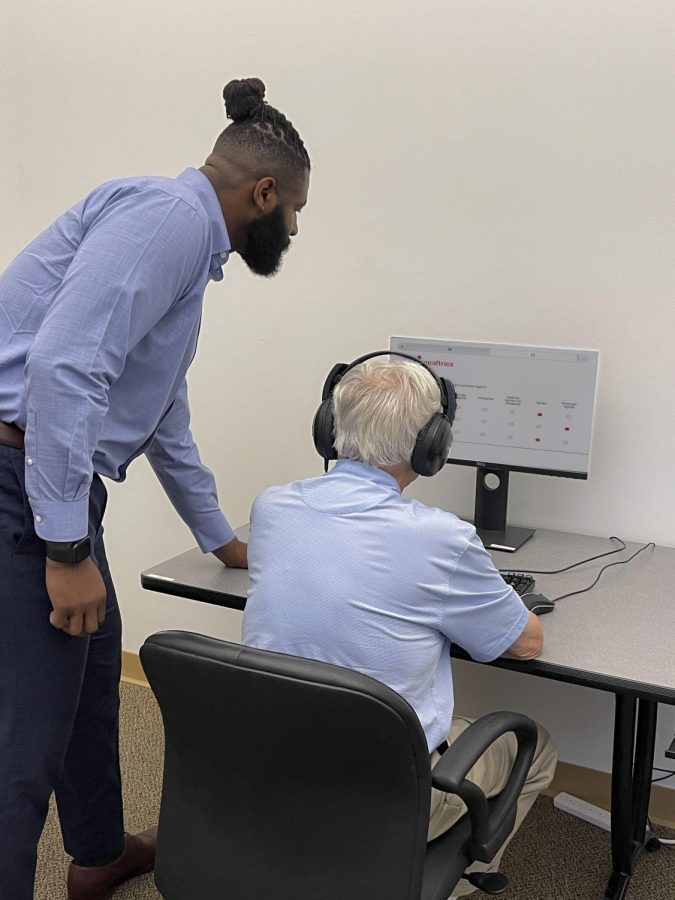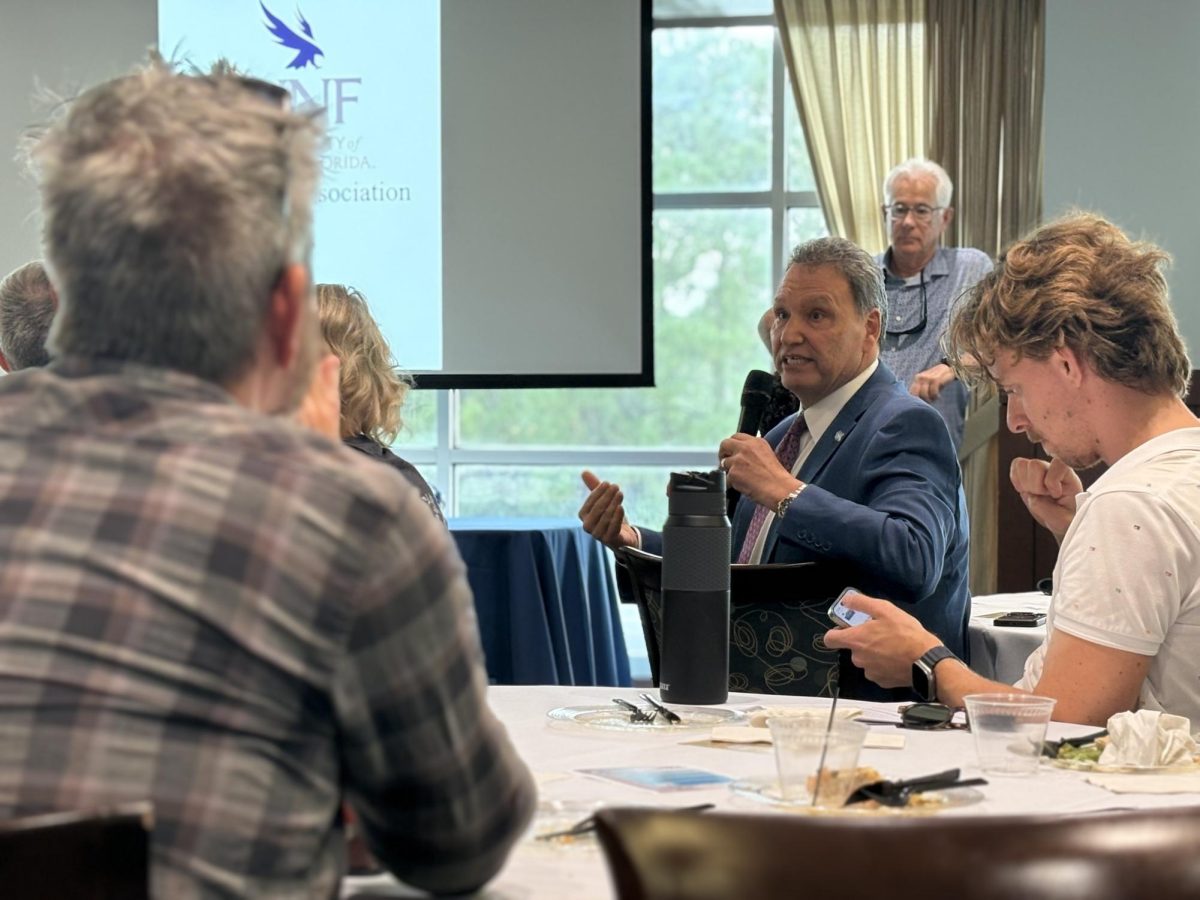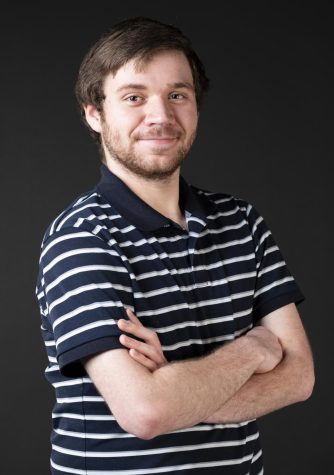(Updated April 23, 2022, to correct minor factual inconsistencies.)
Most students may not have Alzheimer’s disease, but that doesn’t mean they shouldn’t care. Meet Dr. Jody Nicholson, a University of North Florida (UNF) professor leading a multi-million dollar research study into Alzheimer’s prevention.
Alzheimer’s is often confused with Dementia, an umbrella term used to describe a variety of mental illnesses. Alzheimer’s is the most common type. In 2020, the CDC estimated that 5.8 million Americans aged 65 or older had Alzheimer’s. They expect that number to triple by 2060.
The disease’s effects on the body are much more complicated than simple memory loss, which can be expected as people age.
“If you forget where your keys are, that’s typical aging. If you forget what your keys are used for, that would be [Alzheimer’s],” according to UNF professor Dr. Jody Nicholson.
Preventing Alzheimer’s with Cognitive Training (PACT) is a multi-year randomized controlled trial developed by Dr. Jerri Edwards, a professor from the University of South Florida. Dr. Edward’s research, Dr. Nicholson explained, indicated that cognitive training could be used to reduce the onset of Alzheimer’s. UNF is just one of several sites running three-year-long trials on 7,600 applicants.
“Across the course of this study, they will complete 45 hours of cognitive training,” Dr. Nicholson told Spinnaker.
The subjects will be monitored before and after the trial period to gauge how their memory performs. This process will be applied at all trial locations, including UNF.
Funding for this project came in the form of a large five-year grant, of which UNF is receiving five million dollars, from the National Institute of Aging (NIA). The NIA is one of 27 entities in the National Institute of Health, a U.S. Government agency, so the money comes from federal funds.
This will cover the five years of research for PACT, which includes a two-year recruitment period, followed by the three-year-long trials. The enlistment period officially began last August after the grant was originally announced. According to Dr. Nicholson, the process is going very well, especially in lieu of the COVID-19 pandemic. She estimates that they are recruiting around 50 people every month.

PACT isn’t the only Alzheimer’s research being conducted by Dr. Nicholson at present. She is conducting numerous side projects related to PACT, such as studies on the effects of participant motivation and intervention accessibility as factors in PACT.
According to Dr. Nicholson, her experience as a community-based researcher is what piqued her interest in the “human” side of the study.
“My project represents a good example of where UNF is going as we become more research-intensive,” she explained.
She hopes that UNF will grow further as a research institution–while still prioritizing the staff-to-student interactions it’s become iconic for–which is what made the university appealing to her in the first place.
Dr. Nicholson is very optimistic about the future of Alzheimer’s prevention. Alzheimer’s is expected to become more frequent in future years, purely as people age. Scientists already know that Alzheimer’s can be affected by nature and nurture, so she hopes the accessibility of the computerized training in the PACT study will go a long way in furthering Alzheimer’s research.
___
For more information or news tips, or if you see an error in this story or have any compliments or concerns, contact editor@unfspinnaker.com.
















